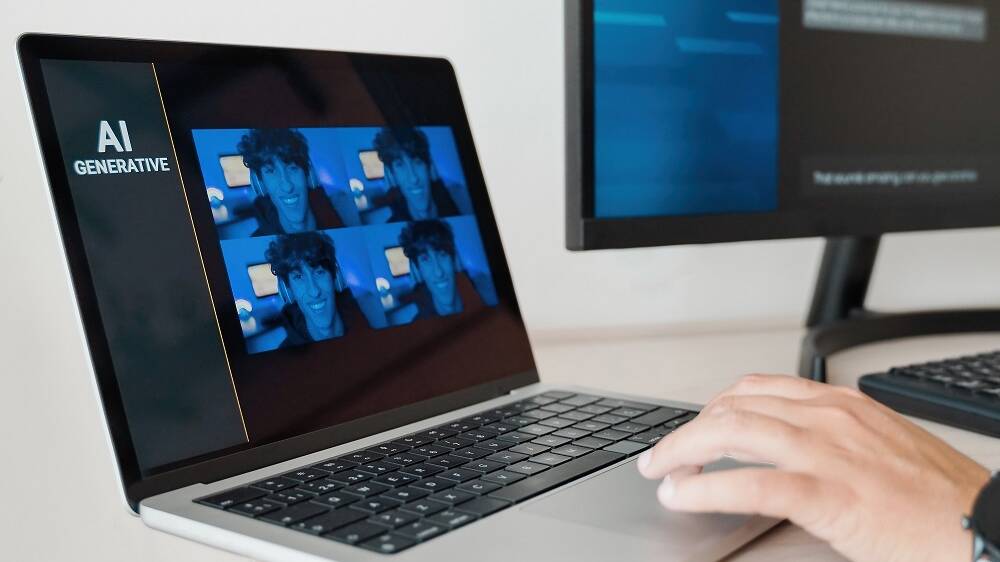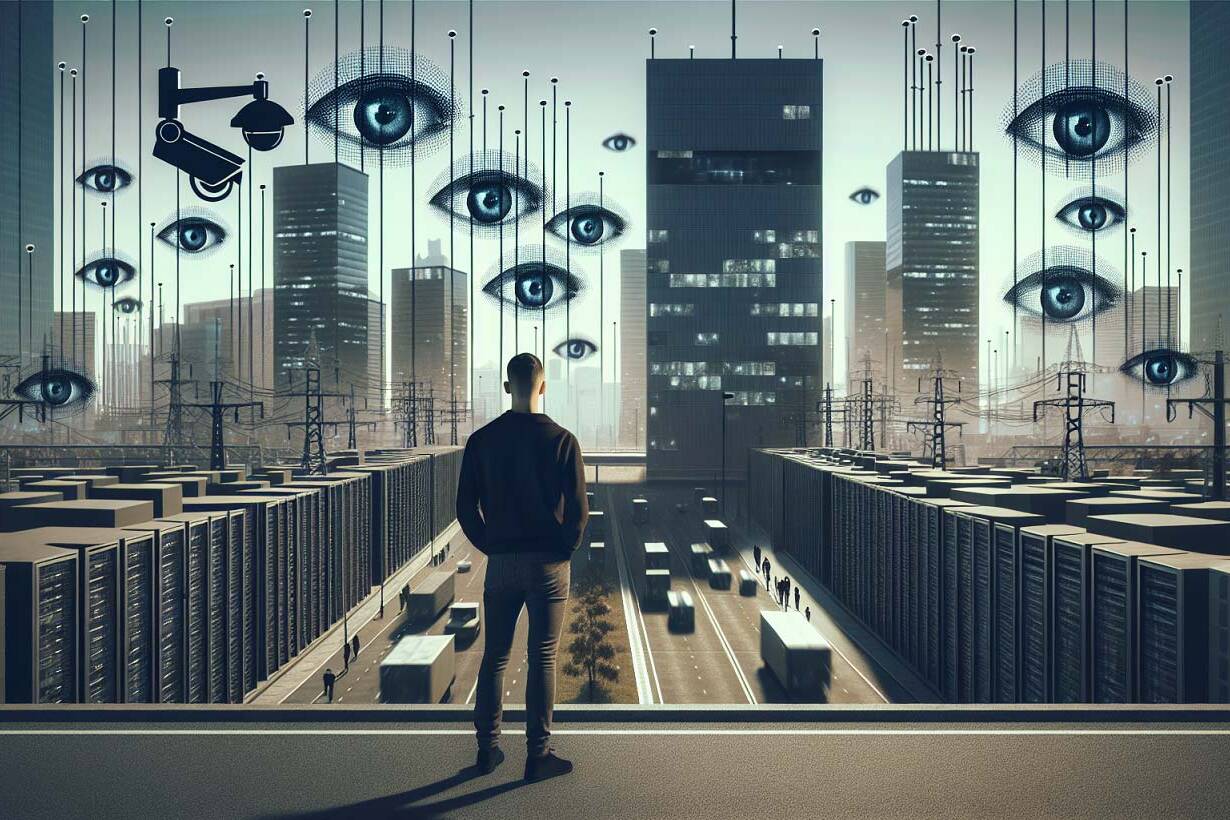Unveiling the Truth Behind OpenAI's Latest Marvel
In the vast expanse of the digital landscape, a new player has emerged, shrouding the horizon with an aura of innovation and intrigue. OpenAI’s Sora, a text-to-video generation model, promises to revolutionize the way we create and interact with visual content. However, beneath the glossy surface of this technological marvel lies a complex web of ethical, legal, and practical concerns that demand scrutiny.
The Veil of Geographical Restrictions
Sora, like a phantom, is invisible to the eyes of those in the EU and the UK. The reason for this invisibility is not a lack of interest, but rather the stringent data protection laws that govern these regions. The EU’s General Data Protection Regulation (GDPR) casts a long shadow, forcing companies to undergo rigorous external audits to ensure compliance. This regulatory maze is a significant hurdle for OpenAI, given its history of potential GDPR violations and the ongoing scrutiny it faces[2][4].

The Dark Side of Innovation
The deployment of AI in the public sector faces cultural resistance and practical challenges. Nearly half of government organizations fear resistance to AI adoption, and 55% of leaders see problems in effectively using public and proprietary data sets. There are also difficulties in transitioning AI from conceptual to practical application[1].
The cost of using Sora is another significant barrier. It requires a ChatGPT Plus or Pro subscription, a financial hurdle that many cannot overcome. The limited credit system further restricts the number of videos that can be generated, making it a tool accessible only to a select few[3][5].
Ethical Quagmire
The development and deployment of Sora raise profound ethical questions. The model’s potential to exploit artists without proper recognition or compensation is a glaring issue. Additionally, the risk of Sora being used to spread misinformation is a ticking time bomb, waiting to unleash its destructive power on an unsuspecting public[1][3].
The Art of Deception: Using VPNs to Bypass Restrictions
For those determined to access Sora despite the geographical restrictions, the temptation to use Virtual Private Networks (VPNs) is strong. Here’s how you can navigate this treacherous terrain:
Select a Reliable VPN: Choose a trustworthy VPN provider like NordVPN, Private Internet Access (PIA), or Surfshark.
Establish a Connection:: Connect to a server in a country where Sora is supported, such as the USA or Swiss.
Access Sora:: Log into your OpenAI account and access Sora, but be aware that this method violates OpenAI’s terms of service and could result in account suspension or termination[1].
The Double-Edged Sword of Technological Progress
As we delve deeper into the world of Sora, we must confront the dual nature of technological progress. On one hand, Sora represents a leap forward in creativity and innovation, allowing users to generate videos with unprecedented ease and realism. On the other hand, it embodies the risks and challenges associated with advanced AI, including bias, exploitation, and the potential for misuse.
The Writer's Dilemma: Style and Substance
In the realm of storytelling, style is not just a decorative element but a fundamental aspect that shapes the narrative. Just as a writer must choose the right words, rhythm, and syntax to convey their story, so too must we consider the implications of using tools like Sora. The style of Sora, with its poetic moments and atmospheric settings, can feed into the emotional core of a story, but it must be handled with care to avoid jarring transitions and unrealistic portrayals[1].
Conclusion
Sora is a double-edged sword, cutting through the boundaries of creativity while also threatening the very fabric of our digital lives. As we navigate this new terrain, it is crucial to remain vigilant about the ethical, legal, and practical implications of such technologies. The future of AI is not just about innovation; it is about responsibility and the careful consideration of the consequences of our actions.
Share Your Thoughts
Have you encountered Sora or similar AI tools? How do you perceive the balance between innovation and responsibility in the AI landscape? Share your insights and concerns in the comments below.
Source: “OpenAI SORA EXPOSED: What’s REALLY Going On!” – YouTube, 10 Dec. 2024[1].
“OpenAI called out for potential GDPR violations” – Cyber Daily, 1 May 2024[2]. “Sora Is OpenAI’s Text-to-Video Generator, Testers Reveal Pros and Cons” – Business Insider, 7 Aug. 2024[3]. “ChatGPT provides false information about people, and OpenAI can’t correct it” – NOYB, 29 Apr. 2024[4]. “Sora is Out, But is it a Distraction?” – YouTube, 9 Dec. 2024[5].
Related Posts
27/11/2024
The Shadowy Side of AI Expansion
When you are alone for days or weeks at a time, you eventually become drawn to…
21/11/2024
Toyota Data Leak
When you are alone for days or weeks at a time, you eventually become drawn to…
01/08/2024
Defending Against Deepfakes and GenAI-Based Attacks
Just the other day I happened to wake up early. That is unusual for an…




